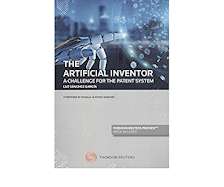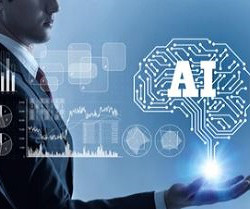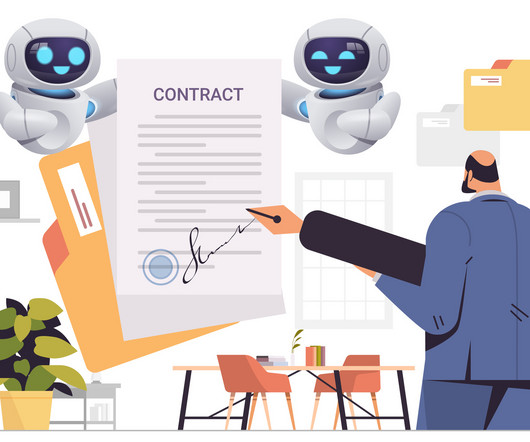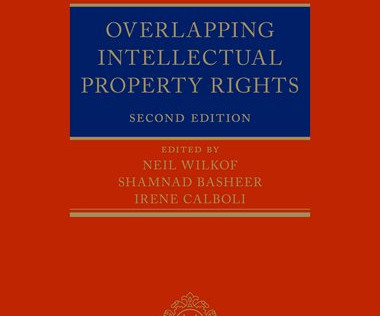Book Review: The Artificial Inventor - A Challenge for the Patent System
The IPKat
OCTOBER 10, 2022
Image: Thomson Reuters In ‘The Artificial Inventor’ ( Thomson Reuters ), Luz Sánchez García (University of Murcia) characterises humanity as standing at the cusp of an ‘Artificial Invention Age’ in which Artificial Intelligence (AI) is no longer used as a tool but rather a creative partner or independent innovator.












Let's personalize your content